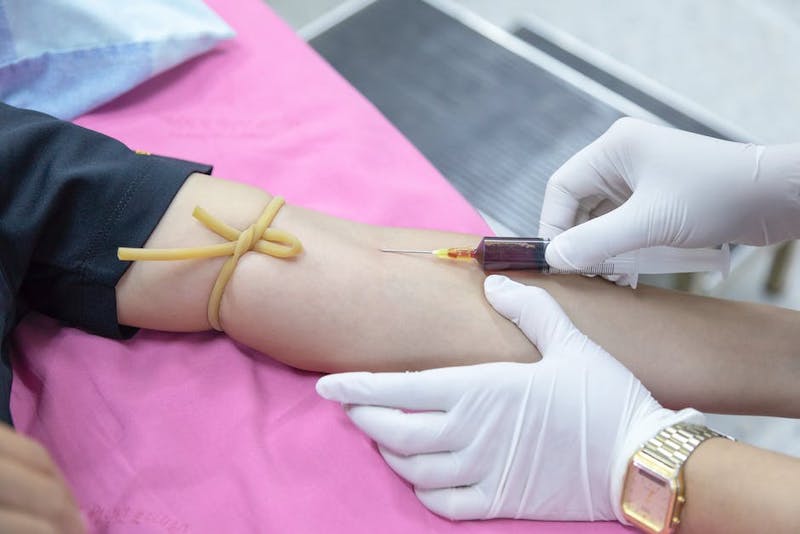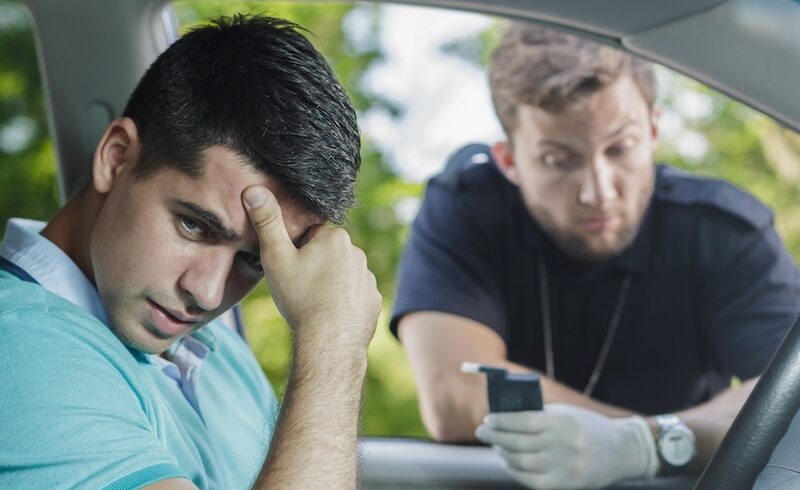
Driving under the influence can lead to many consequences, including jail time and expensive fines. If you want to protect yourself after being convicted of a DUI, you’ll need to have an understanding of your state’s rights when it comes to driving under the influence.
What are your options for testing, and what can you do if you are convicted of a DUI?
Having a blood test DUI done is the most accurate way that officers can determine your blood alcohol concentration. Here is how the test works, what you can expect from your situation, and what you can do after being convicted.
What is a DUI Blood Test?
There are several different ways that officers can determine your blood alcohol concentration (BAC). The most common of these methods is through the use of a breathalyzer, which can measure your blood alcohol levels through your breath. However, officers can also test your blood, urine, or other bodily fluids to determine your BAC.
You can consent to any form of testing if you are suspected of driving under the influence. DUI blood tests are more accurate than the traditional breath test, which is one reason you may want to opt for this test.
When Would a Blood Test DUI Be Done?
If you drive while under the influence, you might be given the opportunity to choose what method of testing you use to determine your BAC. However, there are certain cases where taking a blood test would be necessary.
Once the police become involved, they could issue a DUI blood test if:
- You are dead, unconscious, or unable to reasonably give consent to a test
- Police request results from a hospital where they perform a blood DUI Test
- Police are able to get records from a hospital to prove a suspected DUI
Police may also request an additional blood sample for their own testing in their labs later on. In order for this to happen, they will need either consent from the patient or due to extenuating circumstances or a warrant.
What are the Laws for a DUI Test?
In the state of Illinois, your BAC can be no higher than 0.08%. You also cannot test positive for the use of any other illegal substances that could hinder your driving abilities. If you take the test and have a BAC of 0.08% or higher, or they locate any other illegal substances in your blood, you will be held to legal repercussions.
Other states may have different requirements and regulations for DUI charges. If you have any concerns about the legal limits in your state, it’s important to read up on the laws for DUIs in your state.
What are the Penalties for Being Over the Limit?
A DUI arrest typically leads to the suspension or revocation of the driver’s license, as well as a variety of other consequences. The individual may also receive penalties if any of the following actions occur:
- Their BAC test came back with a 0.16% or higher
- The driver had someone under the age of 16 as a passenger
- The defendant has prior DUI charges or convictions
These criminal penalties will be decided on in a court of law if the individual tests positive for a DUI during testing.
The severity of the consequences and potential jail time involved will depend on how many offenses the individual has already faced. First-time offenders can face up to 364 days in jail for their offenses, as well as a fine of up to $2,500. Their license will be suspended for up to one year for those over 21 years old, or two years for those under 21 years old.
Two-time offenders can face up to 364 days of jail time and a fine of $2,500. Their license could also be revoked for a five-year period.
For three or more offenses, the consequences get much harsher. You can face fines of up to $25,000 and could face prison time for up to seven years. You may also be placed in periodic imprisonment for 18 to 30 months depending on the severity of the crime.
Are There Any Other Offenses Involved?
Drinking and driving isn’t the only trouble you can run into if you are driving while under the legal drinking age. Transporting alcohol while underage can also earn you some serious legal penalties.
Your first conviction will lead to the confiscation of your license for up to one year. The second conviction will lead to the same confiscation, as well as a suspension in your vehicle’s registration for one year. After three convictions, you will be charged a fine of $1,000.
What to Do After Testing
Once you’ve been arrested for a DUI, you should contact a DUI attorney as soon as possible. They will be able to help work you through your next steps and negotiate jail time if there is any.
Your attorney will help make you aware of any other steps you should or can take. Make sure you don’t plead guilty to anything so that you have all options available to you.
Understand Your Rights
Getting charged and convicted with a DUI is a fast way to have your license suspended, so make yourself aware of your rights. A blood test DUI is the best way to accurately determine your BAC, so you may want to opt for that test if you can.
Were you convicted with a DUI charge and don’t know what to do?
We’re here to help. Contact us with any questions or concerns you may have and continue reading our blog for more helpful information today.


